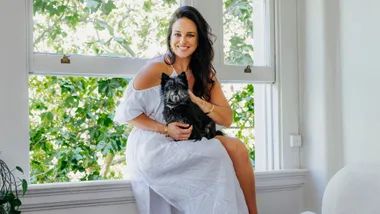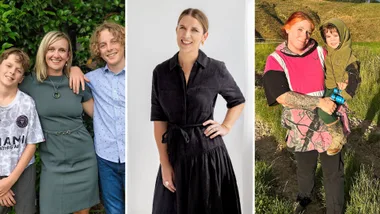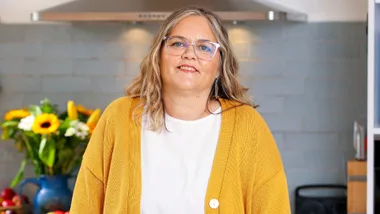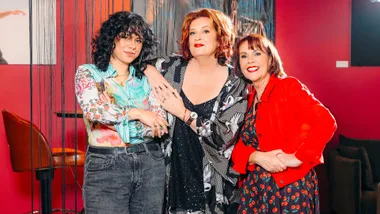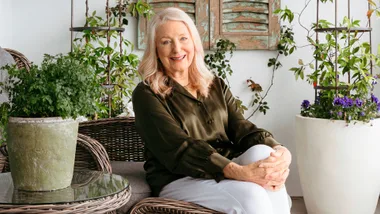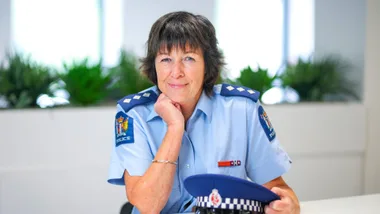From modelling for Gucci in the Italian capital to learning to craft jewellery in Florence, Ella Drake’s path to entrepreneurship has been glittering indeed. As owner of London-based jewellery design company Monarc, Ella now heads up a team of master jewellers to produce her own bespoke and ready-to-wear lines. She tells NEXT how a love affair with fine gems has turned into a growing business.
How Ella Drake started her business
My mother and sister both work in the health field, so I had assumed I would head into the medical industry. But in my final years at Tauranga Girls’ College, I had really incredible art and technology teachers and that pushed me into a more creative career path.
At 20, I moved to Milan to model for several weeks during my university summer break. Within two months I had secured a contract to model for Gucci in Rome, which saw me living in Europe for the next four years.
But it was when I booked a shoot with Vogue Gioiello, the Vogue jewellery edition, that my passion for fine jewellery really took off. So I went on to study at the Florence campus of the Gemological Institute of America, before working for an international jewellery production company in 2011.
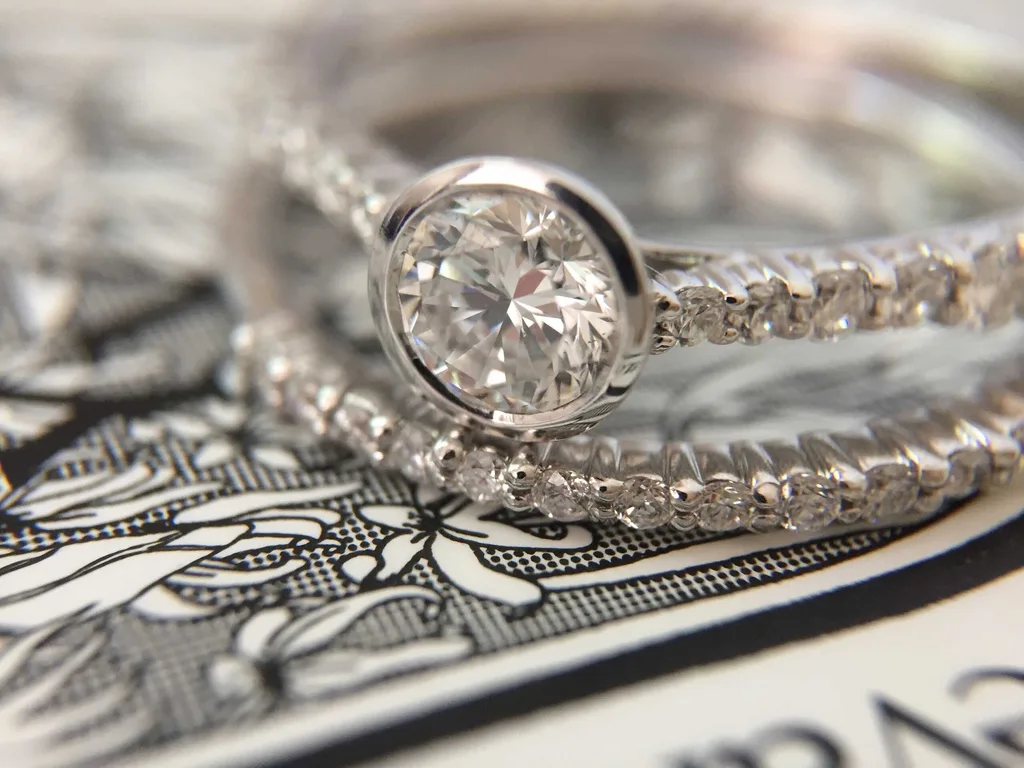
Hiring a team
I work mainly with contractors (jewellers) and suppliers (for items like components; chains and clasps). I select a team of people to work on specific projects based on their skill set.
Producing a ready-to-wear collection vs creating a bespoke piece is different; particular qualities are required to get each new job done. The master jewellers and creatives I work with are an incredible group who I’ve known for the past six years, so we have a good understanding of how we work together across a diverse range of projects, manufacturing styles and techniques.
I don’t currently have permanent Monarc employees, but I do require temporary help in the high season and for trade fairs. I plan to take on a regular social media and marketing guru in the coming months as social media is an area of business I find the most time-consuming, and today’s market really expects a brand to have a strong and regular social media presence.
Finding a gap in the market
My role at the production company was to co-design and manage their European brand portfolios, but I started to receive a growing number of requests to design original jewellery, like engagement rings and wedding bands.
I realised there was a gap in the market for premium, personal jewellery, with a focus on bespoke service. Plus, because of my design experience, I knew which styles were the most popular.
So last year I launched Monarc Jewellery with the goal of presenting premium jewellery to the retail market, without the inflated mark-ups that a lot of brands attach to their product.
The ready-to-wear collection is most popular with 20- to 40-year-old women, while the concierge and bespoke side spans a greater range of ages and gender. I probably work with an even measure of men and women to design one-off pieces.
The personal touch
At the moment I distribute and package all of Monarc’s orders. I usually set aside one morning each week for wrapping and preparation of customer purchases. For bespoke pieces, I try to hand-deliver the final item wherever possible. It’s a much nicer approach than sending orders out with a courier.
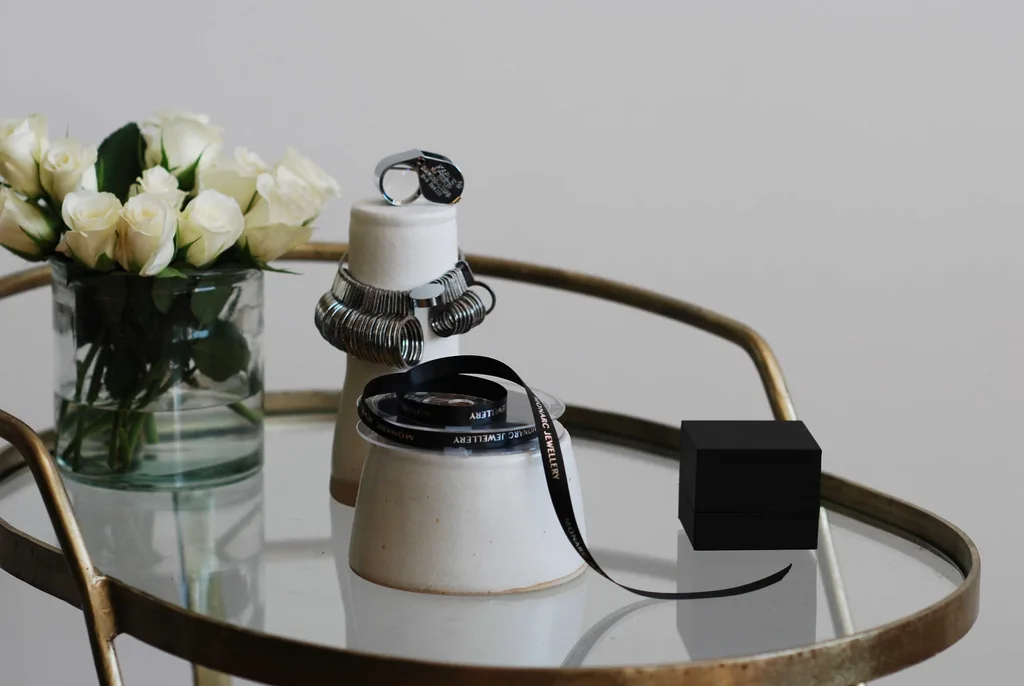
Attention to detail
I was given very sound advice from my mentor regarding the planning of orders and deliveries across time-zones: “You need to double check, triple check, and even then don’t believe it is being done until you see the final product in hand”.
I think this advice translates to the need to be really proactive and involved with all aspects of your business, especially when working across three markets like I do: New Zealand, Australia and the UK.
Pay it forward by supporting local
I try to support local businesses as much as I can. If you don’t add local elements, you can start to look like any other store. We’re in the process of coming up with a phone app and marketing plan to help promote keeping it local, because it keeps those smaller communities alive.
I’m watching too many little businesses die around New Zealand. People need to be more conscious about where they’re buying; they don’t realise that shopping online from overseas means those beautiful little stores, those hubs of the community, are disappearing.

As well as creating quality pieces made to order, Ella prides herself on only using materials that are sourced ethically.
What was harder…
Not being in New Zealand to grow a brand following. It’s different here in London; the ‘lesser known’ is perceived to be cooler than wearing a brand that everybody is overly familiar with. Londoners are more ready to trust a new brand if they feel it fits their personal style.
I plan to get down to New Zealand this year and meet with a handful of new stockists to put in some much needed face time. There’s always a sense of worry involved with owning and running your own business.
I am constantly faced with thoughts of ‘what can I do better?’, or playing an outcome off against ‘what if I’d done that instead?’. I don’t have a large team of colleagues to throw ideas around, so I am always yapping on to my boyfriend and friends about new ideas and talking through my thoughts.
What was easier…
The bespoke area of my business. I don’t think you can ever doubt how strong word-of-mouth is for a business. I am incredibly lucky to have started with a group of loyal customers who have gone on to recommend Monarc to others. My customer base has grown organically in this way.
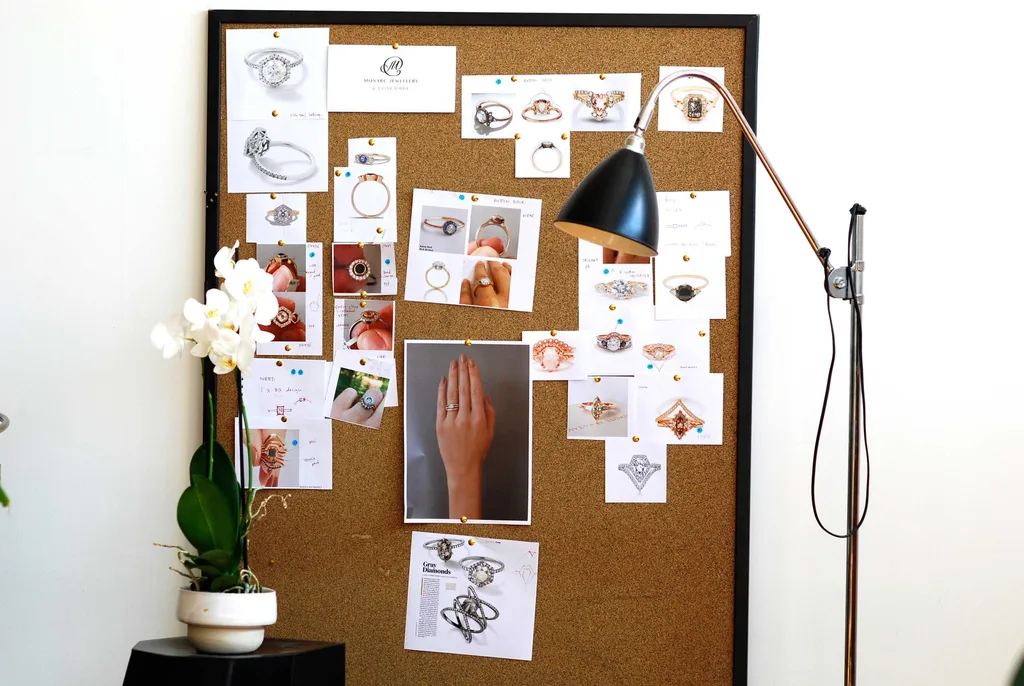
UK market vs NZ market
Learning very quickly the ins and outs of the UK statutory and employment laws has been a new challenge, as they are different to New Zealand and Australia. Setting up a jewellery brand in London has required that I learn very quickly how to run a registered business adhering to UK regulations.
For instance, in the UK there is an independent assay system that officiates and stamps precious metal to ensure they meet industry standards. Whereas in Australia and New Zealand, official hallmarks for jewellery, silverware and gold are essentially the responsibility of the manufacturer. Any production house or jeweller can mark the metal or leave it unmarked; there is no enforced check point to authenticate pieces in the Antipodean jewellery trade.
It has been a learning curve realising that a lot of brands are not transparent about their materials or production processes. This means the consumer often believes they are buying a much higher quality product than they actually are, or that they may be purchasing something that has been sourced unethically.
I like to pass on knowledge to my customers in these areas so that they feel they have made an educated purchase, and it’s of paramount importance that Monarc Jewellery goes into the world with a clean conscience.
A last piece of advice…
Save a lot more money than you think you’ll need to set-up a jewellery business. Financial forecasting can be really challenging when you need to buy materials such as gold, platinum and diamonds, but it will save your butt!
.png?resize=720%2C405)
